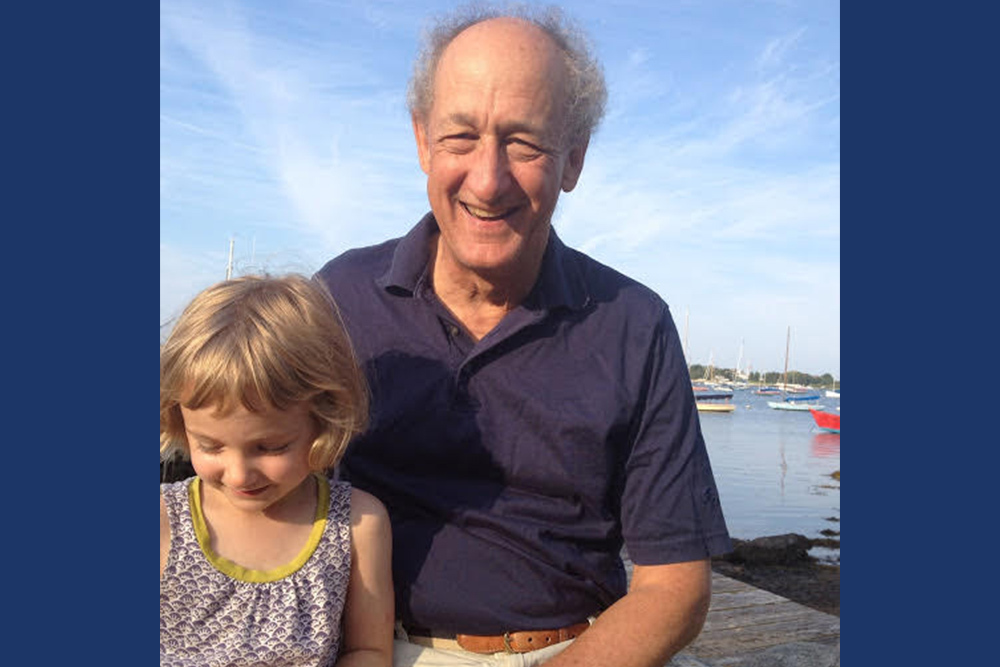University of Virginia professor of environmental sciences James Galloway will present a Suter Science Seminar at Eastern Mennonite University titled Nitrogen Out of the Bottle: The Challenge of Managing the Genie on Wednesday, Mar. 27.
The 4 p.m. seminar in Science Center Room 106 is free and open to the public.
Human activity converts more N2 to reactive nitrogen (Nr) than do natural terrestrial processes. Most of the Nr is created as a consequence of food production, fossil fuel combustion and industry.
The Haber-Bosch process, invented in the early 20th century, now provides a virtually inexhaustible supply of nitrogen fertilizer. This one invention is responsible for the existence of about 40% of the world’s population.
That’s the good news.
The other news is that most of this nitrogen is lost to the environment, where it has exceeded the ability of the environment to convert it back to unreactive N2. The accumulating Nr contributes to smog, greenhouse effect, ecosystem eutrophication, acid rain and loss of stratospheric ozone in a sequential manner—the nitrogen cascade.
Collectively these changes alter climate, decrease air quality, and diminish ecosystem sustainability. The challenge is how do we manage the genie—make sure we get the benefits of nitrogen, while minimizing the problems it causes. This presentation will lay out the possible, the probable and the improbable (but if it occurred, would be transformative) options for nitrogen management. Included will be the role that nations, institutions and people could play. The presentation will also give examples of success stories, where nitrogen losses to the environment have been decreased, without impacting the service being provided food and energy production.
Galloway is the Sidman P. Poole Professor of Environmental Sciences at the University of Virginia. He received his bachelor’s degree in chemistry and biology from Whittier College, and his PhD in chemistry from the University of California, San Diego. He has been on the faculty of the University of Virginia since 1976. His current research focuses on beneficial and detrimental effects of reactive nitrogen as it cascades between the atmosphere, terrestrial ecosystems and freshwater and marine ecosystems.
In 2002 he was elected a fellow of the American Association for the Advancement of Science. In 2008 he was elected a fellow of the American Geophysical Union and was awarded, with Harold Mooney, the Tyler Prize for Environmental Achievement. From 1972 to 1974, Jim and his wife Nancy were professional potters in Lexington, Virginia.
This is the fourth of five spring semester Suter Science Seminars, which are made possible by the sponsorship of the Daniel B. Suter Endowment in Biology and the co-sponsorship of supporting programs.
The final seminar is on April 10, and features Dr. Richard Hostetter, surgical oncologist for Goshen (Indiana) Physicians on Lessons Learned in 40 Years of Study and Care of the Cancer Patient.
